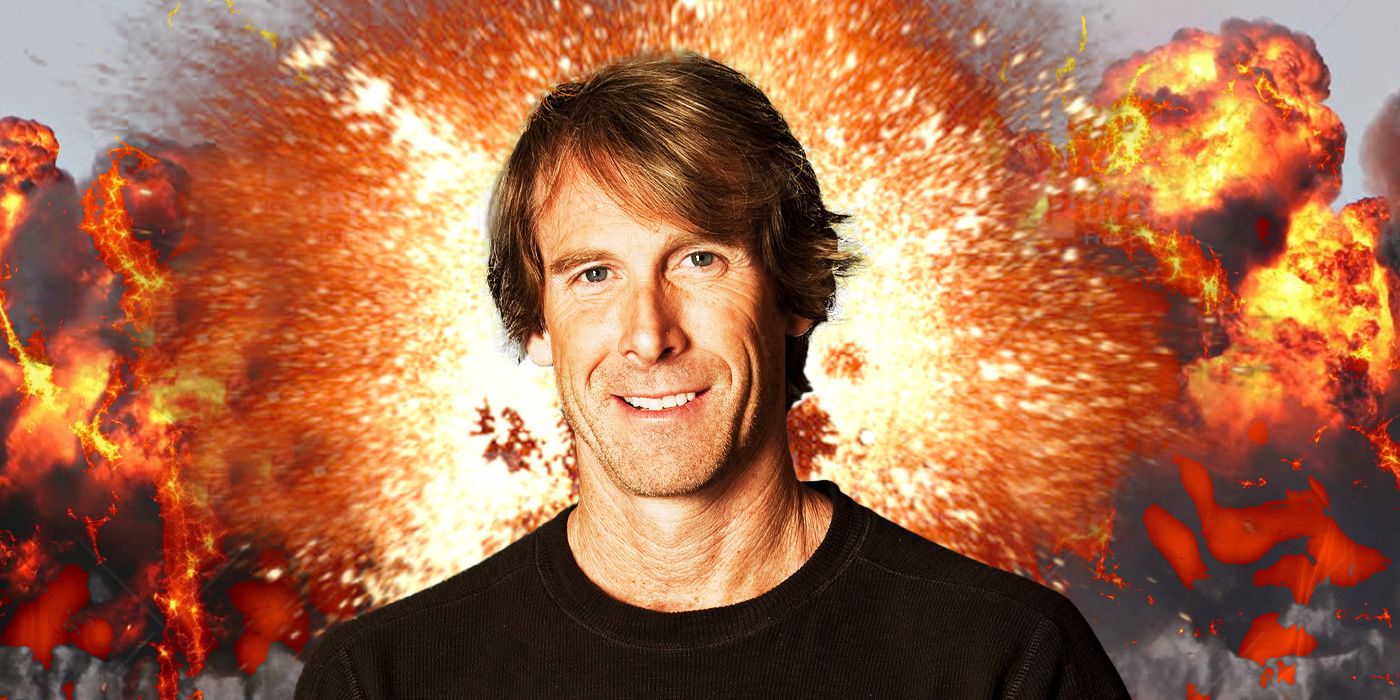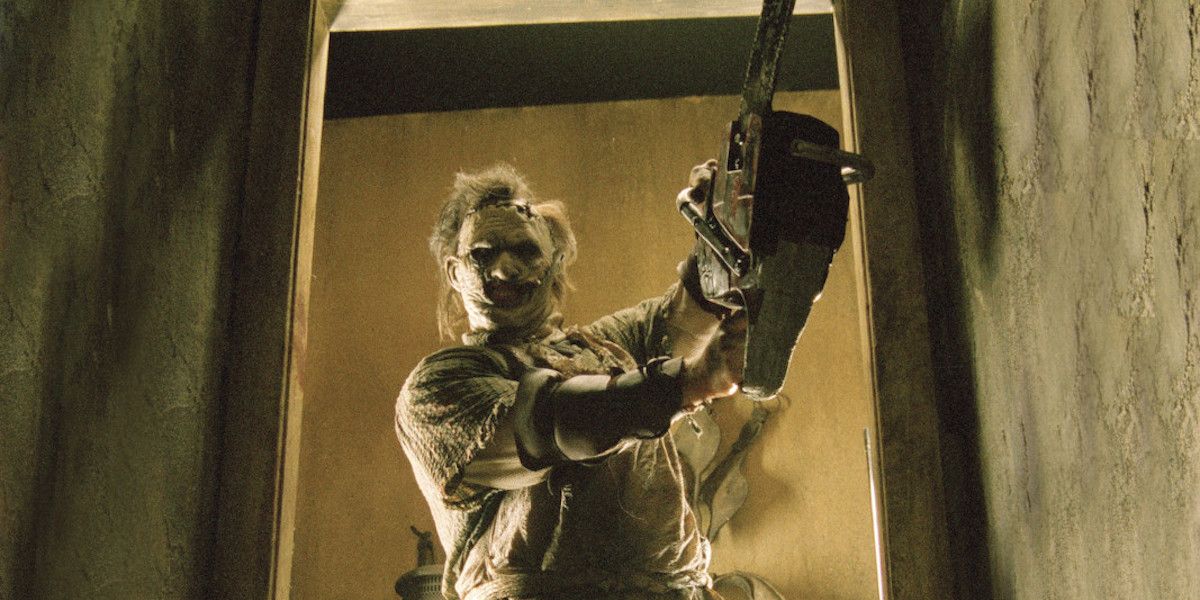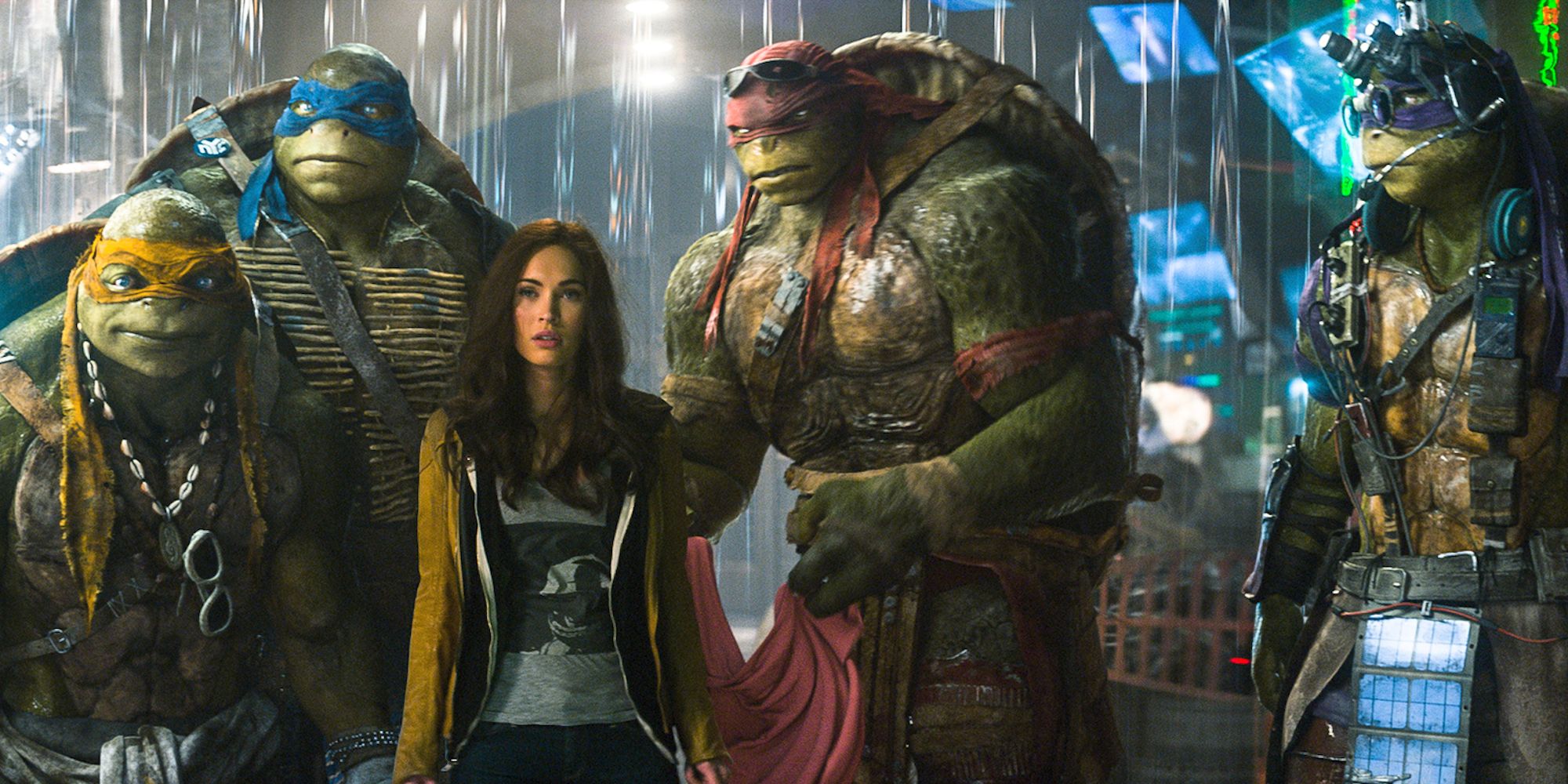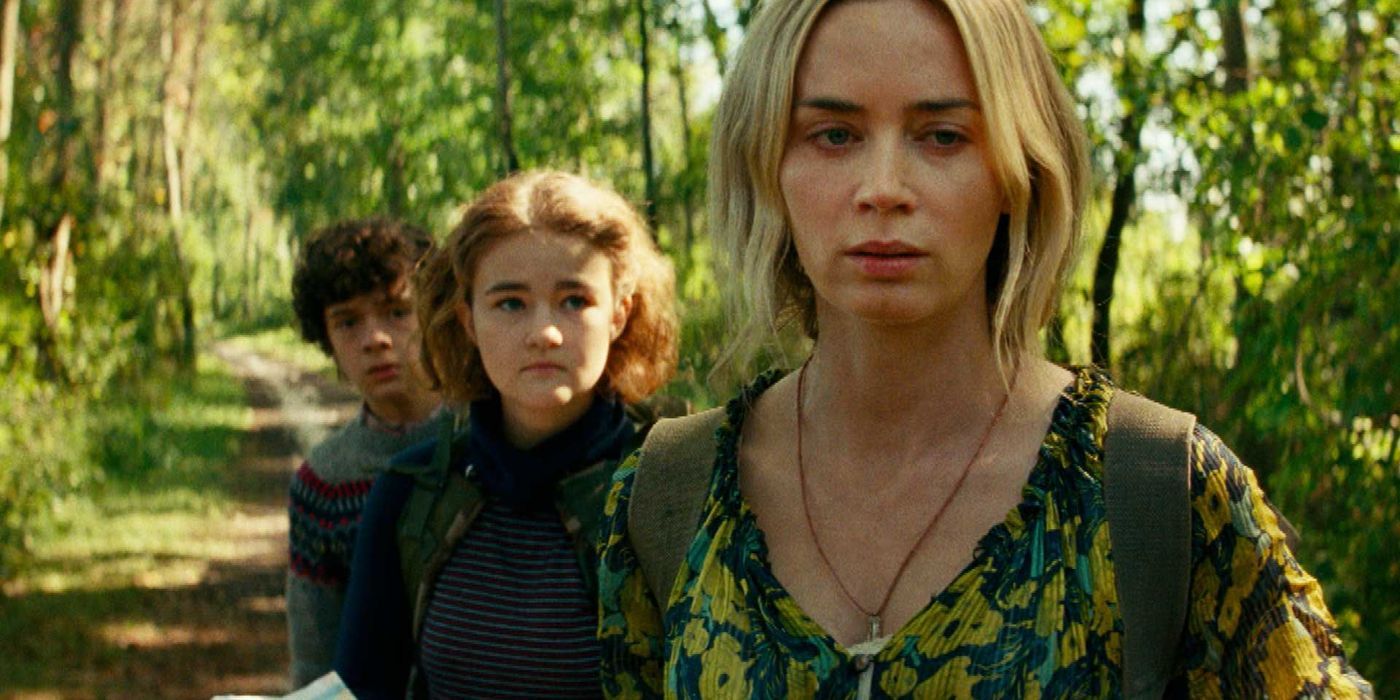The Big Picture
- Remakes of classic horror films can be hit or miss, with some like The Thing and Invasion of the Body Snatchers improving on their predecessors, while others can feel unnecessary.
- Platinum Dunes, founded by Michael Bay, initially focused on remakes and had success with films like The Texas Chainsaw Massacre, but struggled to sustain franchises like Friday the 13th and The Nightmare on Elm Street.
- However, Platinum Dunes found success when it shifted to creating original concepts like The Purge and A Quiet Place, proving that they can deliver bold and successful horror films without relying on nostalgia.
Remakes are often considered to be a creatively fruitless endeavor, but the horror genre has shown that taking a second stab at previously existing source material isn’t always a mistake. It’s easy to forget that many of the most beloved horror films of all-time, such as John Carpenter’s The Thing or Philip Kaufman’s Invasion of the Body Snatchers, were actually remakes that had improved on their predecessors. Although remakes can often give horror filmmakers the chance to reinterpret source material from a different perspective, it is more challenging when the original film is already a classic. Remakes such as 2003’s The Texas Chainsaw Massacre, 2005’s The Amityville Horror, 2009’s Friday the 13th, 2007’s The Hitcher, and 2010’s A Nightmare on Elm Street felt like poor recreations of films that didn’t need to be updated. Ironically, these films all came from Michael Bay and his production company, Platinum Dunes. Although Platinum Dunes started out doing nothing but remakes, the production company found success when it moved into a more creative direction.
Platinum Dunes Started Off Remaking Beloved Horror Classics
Platinum Dunes was founded by Bay, Andrew Form, and future Hannibal series creator Brad Fuller in 2001. This was during a creative high point in Bay’s career; although Pearl Harbor had been a creative misstep, its popularity suggested that he was becoming one of the most powerful directors in the industry. Steven Spielberg had risen in popularity in the 1980s by producing films that he didn’t direct, like Back to the Future and Who Framed Roger Rabbit, and there was no reason why Bay couldn’t do the same. Platinum Dunes set its ambitions high with a remake of Tobe Hooper’s The Texas Chainsaw Massacre slated as its first project. It was the first film in the slasher series to hit theaters since The Return of the Texas Chainsaw Massacre, and the first in their series of remakes based on classic horror films.
Directed by Marcus Nispel, 2003’s The Texas Chainsaw Massacre essentially retold the same story as Hooper’s 1974 original film of the same name. Unfortunately, the remake didn’t really understand why Hooper’s film was so scary in the first place. Although Hooper’s film isn’t as violent as its title suggests, the notion that the film's events were loosely based on a true story made it very chilling. Nispel’s The Texas Chainsaw Massacre also didn’t do very much to differentiate itself from the other films within the series; while Hooper’s underrated 1986 sequel The Texas Chainsaw Massacre 2 succeeded by spoofing the original, the remake offered more of the same. Although The Texas Chainsaw Massacre remake was hardly a creative achievement, it became a financial success when it grossed over $100 million.
The success of The Texas Chainsaw Massacre signified to Platinum Dunes that audiences were invested in new versions of classic horror films. While 2005’s The Amityville Horror was actually based on the 1977 novel by Jay Anson, it was closely associated with the 1979 film of the same name that had inspired a horror franchise that simply wouldn’t die. Although The Amityville Horror remake was also a financial success that grossed over $100 million, Platinum Dunes struck out when it attempted to bring back Leatherface one more time. 2006’s The Texas Chainsaw Massacre: The Beginning earned only half of its predecessor’s gross, and was seen as an unnecessary prequel that gave Leatherface a disappointing origin story.
Platinum Dunes Couldn’t Sustain Its Franchises
The underperformance of The Texas Chainsaw Massacre: The Beginning signified that Platinum Dunes was not capable of sustaining franchises. Instead of developing more The Texas Chainsaw Massacre sequels or a continuation of The Amityville Horror series, Platinum Dunes instead began developing remakes of the classic horror films The Hitcher, Friday the 13th, and A Nightmare on Elm Street. While The Hitcher was more of a cult hit than a blockbuster, the original Friday the 13th series and A Nightmare on Elm Street franchise were among the most popular horror sagas of all-time. Both franchises were returning to the big screen for the first time since Freddy Krueger and Jason Voorhees had faced off in 2003’s Freddy vs. Jason.
Although the Friday the 13th remake made a splash on its opening weekend in 2009, it suffered one of the most significant second-weekend drops in horror film history. Friday the 13th did little to innovate the franchise’s iconography; instead of taking the series in a new direction, the remake essentially combined elements of the first four movies into a streamlined narrative. The same could be said of 2010’s A Nightmare on Elm Street, which stripped away Freddy Krueger’s more ridiculous elements for a darker, mean-spirited take on the franchise.
Platinum Dunes formed a first look deal with Paramount Pictures in 2009 that suggested that the studio could look beyond horror films by rebooting the Teenage Mutant Ninja Turtle franchise. While the first film was successful enough to generate interest in a sequel, 2016’s Teenage Mutant Ninja Turtles: Out of the Shadows was such a financial disappointment that it forced Bay and his collaborators to reconsider their priorities.
Platinum Dunes Succeeded by Creating New Franchises
Although the disappointment of Teenage Mutant Ninja Turtles: Out of the Shadows had signified that reboots of pre-established franchises no longer had the same value for audiences, Platinum Dunes had already moved on. Platinum Dunes landed two major hits with 2013’s The Purge and 2014’s Ouija, both of which were based on original concepts. The Purge inspired four additional films and a television spinoff, and provoked discussion over its topical political and social themes. While Ouija was not a creative success, it inspired Mike Flanagan to create the excellent prequel film Ouija: Origin of Evil.
Platinum Dunes’ pivot towards original films was solidified when A Quiet Place became their biggest hit to date in 2018. The success of John Krasinski’s science fiction thriller showed that the studio was capable of creating bold, emotional horror films that didn’t rely upon nostalgia. With the spinoff film A Quiet Place: Day One film set for release in 2024, Platinum Dunes has thankfully set its days of endlessly remakes behind it.





